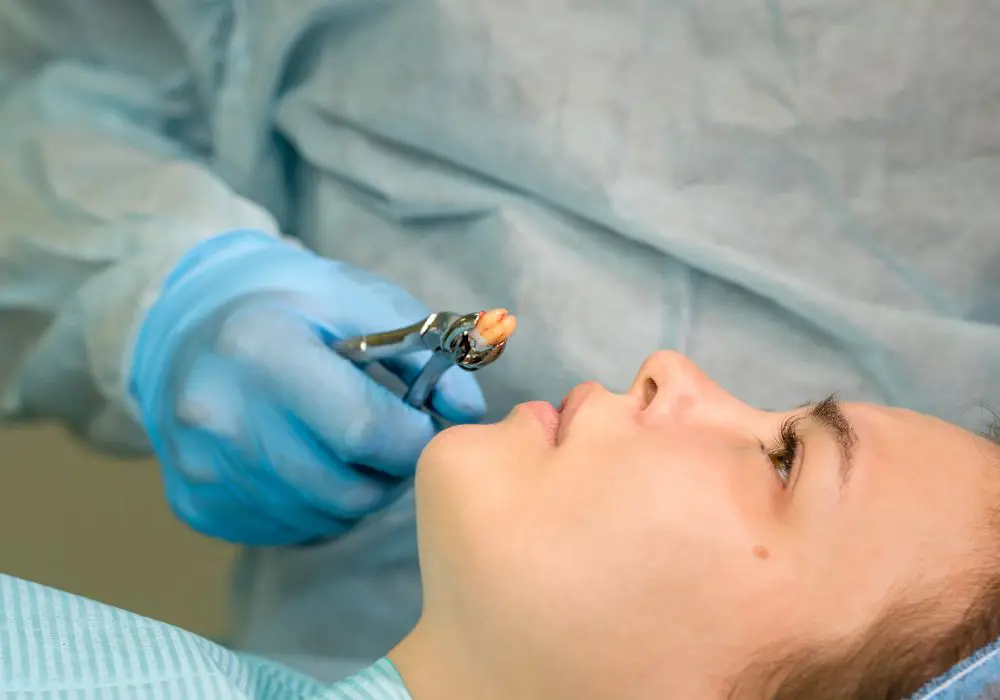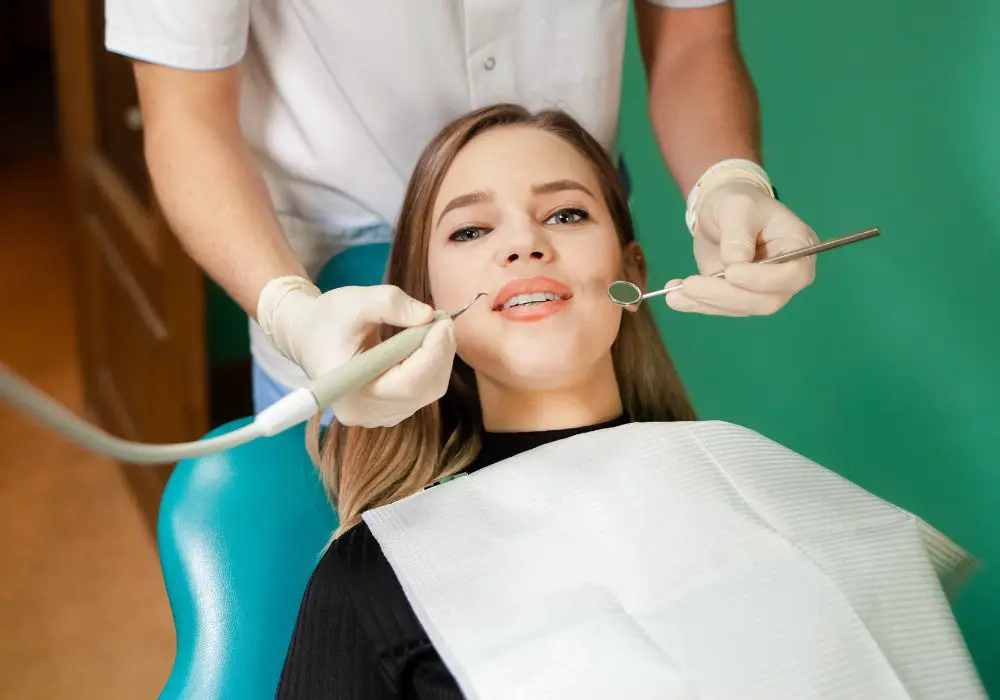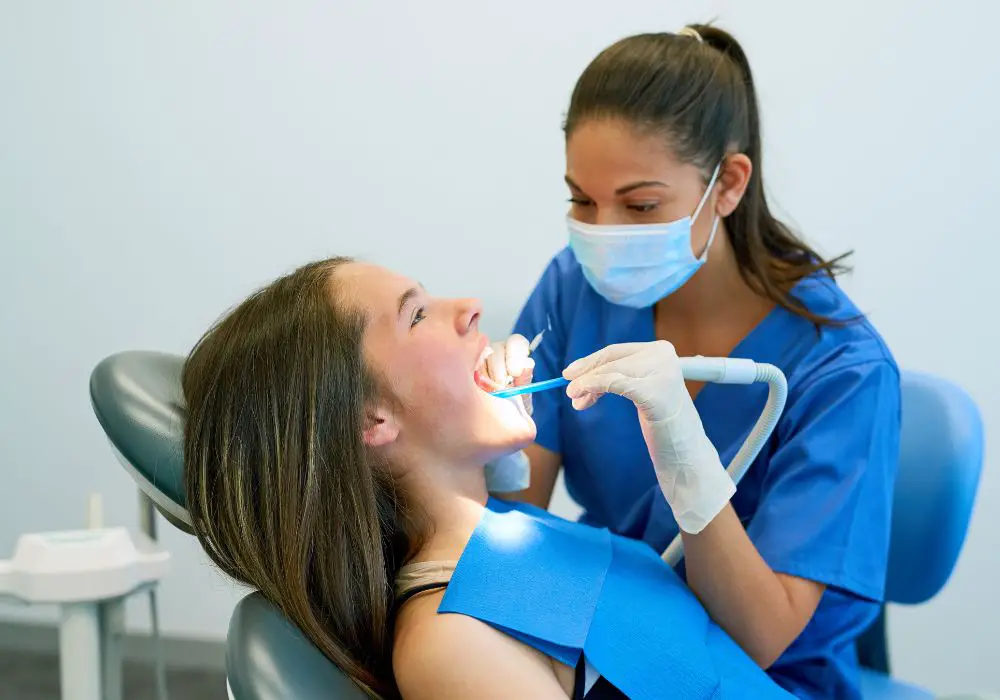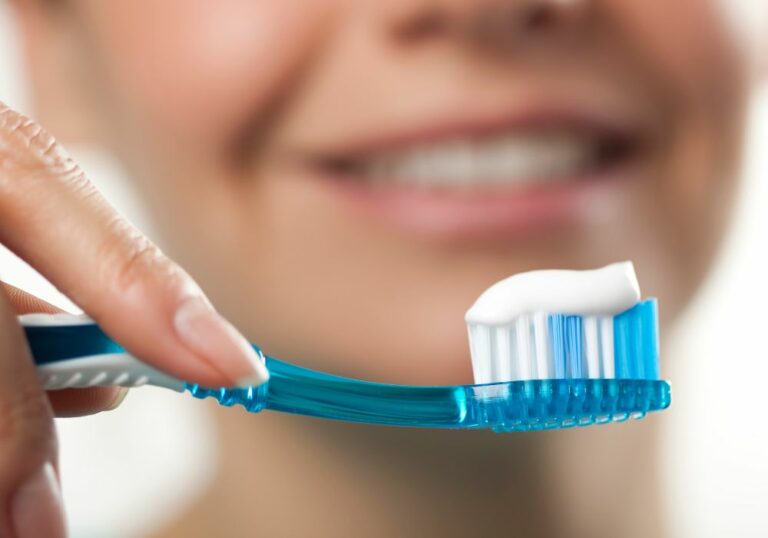Wisdom teeth removal is an incredibly common dental procedure but it’s not without its risks. One of those risks is a dry socket, which can be extremely painful and prolong your recovery. A dry socket is just one of several reasons why smoking can be a bad idea after wisdom teeth removal.
That begs the question of how long after wisdom teeth removal can I smoke? It’s a question we’re going to answer here while also looking at the impact of smoking on healing and tips to safely smoke after wisdom teeth removal. Let’s get started!
How Long After Wisdom Teeth Removal Can I Smoke?

You shouldn’t smoke for at least 72 hours (3 days) after wisdom teeth removal but ideally you should leave it for one week. This is because there are a wide variety of issues that can be caused by the sucking motion of smoking, and the wound needs time to heal.
While 72 hours is the general minimum recommendation, a longer waiting period may be advised depending on the difficulty of the surgery and any potential complications. Let’s look into more detail at the recommended timelines.
- 72 Hours (3 Days) – In this period you should not only stop smoking but also only eat soft foods. This is your crucial healing period and not following the guidance can lead to several complications, with the most common being a dry socket.
- One Week – Our recommendation would be a week of recovery but we appreciate how some people can’t wait that long. The longer waiting period would greatly reduce your risk of complications and gives you more time for the tissue to heal.
- Two Weeks – Wisdom teeth removal is a great time to have an extended break away from smoking. After two weeks you would have nearly completely healed and there will be next to no risk of complications.
While this is general advice, your timeframe may be different due to many different factors such as age, health, and difficulty of surgery. It’s always best to consult with the oral surgeon for personalized advice on when you can resume smoking,
The Impact of Smoking on Healing
So we’ve seen how long you should wait before smoking but what exactly are the risks if you wanted to smoke sooner? To understand why you should follow the guidelines, let’s look what the impact of smoking on healing.
- Dry Socket – A dry socket is the term used when the blood clot that is meant to be healing the wound is either dislodged or never formed. This can be caused by a few things but the biggest culprit is a sucking motion.
For the same reason, you’re advised against using a straw. Exposure of the wound exposes the nerves underneath, which is extremely painful. You won’t be able to ride this out so it would mean taking a trip back to the dentist.
- Infection – Smoking weakens your immune system which is dangerous at the best of times, but especially when you’ve just had surgery.
Not only will smoking make you more prone to an infection but it’ll make it harder to fight off one if the wound does become infected. Not smoking until the wound heals protects harmful toxins from coming into contact with the recovering tissue.
- Delayed Healing – Smoking constricts blood vessels and reduces the flow of oxygen around the body. This will hinder the body’s natural healing process which will unfortunately slow down your tissue repair.
Alternatives to Smoking During Recovery

Trying to give up smoking completely can be very difficult, even for a few days. If you can’t resist the hit of nicotine then you do have a few options which are going to be less risky than smoking.
- Nicotine Replacement Therapy (NRT) – You may have tried nicotine replacement products before but now is a great time to try them again for a few days. They can manage your nicotine cravings without the sucking motion.
There are many different types of nicotine products available but you should avoid gum as this could disturb the clot. The best thing you can try are patches as these won’t interfere with your recovery in any way.
- Vaping – Vaping will still carry risks as you need to suck on it but generally you won’t be sucking as hard as you would on a cigarette. We still wouldn’t recommend it, but it is the better option as there is less chance of causing a dry socket.
- Smokeless Tobacco – Another option is smokeless tobacco in the form of either snuff or chewing tobacco. Snuff is sniffed through the nostrils but has become very hard to find compared to how it used to be. There are also moist versions that can be placed in the mouth.
You’d need to be careful in chewing tobacco and chew on the opposite side of your extraction. If you’ve had teeth extracted from both sides of your mouth, this is not an option.
How Can I Smoke and Not Get Dry Socket?
We must emphasize that smoking immediately after wisdom teeth removal is never a good idea. However, we understand that some people will do it regardless! Due to this, we wanted to give some tips.
Even if you wait for a minimum of 72 hours, it’s a good idea to follow some of these tips to reduce your chance of getting a dry socket and speeding up recovery. Let’s see what they are!
- Be Gentle – The most obvious step is to simply be gentle. Try to smoke as lightly as possible to avoid disturbing the extraction site. Create minimal suction and try to work on taking shallower and smaller puffs instead of deep inhales.
- Smoking Methods – Along with being gentler, you may also want to change your method. Try to use tobacco products that have lower suction levels to avoid a dry socket. It can also be a good idea to start smoking with a pipe, or another similar mouthpiece, which will reduce suction.
- Rinse Your Mouth – It’s not just suction that is a risk after smoking, you also don’t want the toxins lingering over the wound. Instead, after you smoke, gently rinse out your mouth with salt water to keep it clean and sterile.
- Smoke Less – We appreciate the need you have for smoking, but you can reduce your risk by cutting down the number of cigarettes that you have in a day. Especially in those first three days, try to cut your regular smoking amount down by at least half.
- Follow Care Instructions – If you aren’t following the smoking advice, then ensure you’re following all the other bits of advice that you’ve been given by your dentist or oral surgeon. Maintain good oral hygiene and make sure to use any medication as directed.
- Stay Hydrated – Drinking plenty of water is always a good idea when you’re trying to heal and tooth extraction is no different. It will help to keep your mouth moist which will promote healing while also ensuring that your immune system stays as strong as possible.
- Avoid Other Risk Factors – Along with smoking, there are other habits that can delay the healing process. Avoid using straws and try to avoid any food which is either very hot or very cold. It’s also best to not eat spicy foods or anything too acidic.
It’s important to note that even with taking all of these precautions, you are still at risk of getting a dry socket. Due to this, you want to be especially aware of the symptoms of a dry socket as it requires professional treatment.
If you experience severe pain, foul odor, or an unpleasant taste in your mouth after smoking, contact your dentist or oral surgeon immediately. It’s likely that you have disturbed the clot and may need the wound packed.
How Long After Wisdom Teeth Removal Can I Eat?

Another common question that we see along similar lines is how long after wisdom teeth removal can you eat? You can do so only a couple of hours after your procedure but you’d need to be very careful.
In the three days following the surgery you should only be eating soft foods. Your dentist should give you advice on this as the exact time can depend on how many teeth you’ve had removed and if there were any complications.
Examples of the types of food that are great to eat are scrambled eggs and yogurt. As for drinks, it’s best to avoid anything hot and/or sugary. In those first few days, try to stick to drinking water without a straw.
Conclusion
Smoking after wisdom teeth removal can lead to a wide range of issues. While dry socket is the most common problem, it can also lead to infections and delayed healing. This is why you should leave it as least 72 hours before smoking.
While that is the minimum, we do recommend that it should be left for a week to minimize any risks. The healing process for each individual will vary so ensure you follow the advice of your dental professional.







